Franking is a privilege afforded to members of Congress, allowing them to send mailings without paying for postage. The cost of these mailings is then paid for by the taxpayer. The frank, as it is called, is one of many ways that members use public money for communications to their constituents.
Many of the guidelines for communications by members of Congress were first written for physical mail, and are slow to respond to the changing tools available to members to connect with those they serve. From social media to google search ads, members are using taxpayer dollars to finance paid communications.
However, in January of 2020, the House Communications Standards Commission has issued new guidelines that clarify much of what members can and cannot do when it comes to mass communications. To explain these changes, we’ve compiled a list of the top five guidelines that members need to remember when it comes to their communications.
1. Unsolicited mass communications should not be targeted outside the member’s district
With mail, it is easy to pull a list of households within a congressional district, but the new guidelines make clear that this holds true for all mass communication. When members can’t target specific addresses, best efforts must be made to ensure the communication is distributed to as few individuals outside the district as possible. For social media, members need to be careful to ensure that they are limiting their ads to known lists of residents, or to zip codes.
2. No family photos unrelated to the conduct of official business.
The official accounts of members of Congress should be reserved for conducting official business. Attempts to improve a member’s favorable image through family photos is best reserved for campaign accounts. Images that do not relate to official business clearly serve no purpose other than engendering good will, which benefits a member’s reelection.
3. No content laudatory of a member on a personal or political basis
Taxpayer resources should not be used to benefit a member personally, and the use of official communications for self-congratulatory messages would be a clear violation. Political victories and personal milestones like birthdays and anniversaries have no place on a member’s official mailings or social media.
4. No voting recommendations with respect to public elections
Though many members pride themselves on influencing elections up and down the ballot, official business should be conducted without supporting particular candidates or elections. A reminder to vote on Election Day is acceptable, but to advocate for or against an initiative or person is clearly unacceptable. Members’ offices are funded by the taxes of constituents regardless of political affiliation, and to use those funds for a partisan purpose violates the basic principles of a public office.
5. No unsourced graphs, charts, or statistics on policies
Official communications should be held to the highest standards, and this extends to the content shared. To ensure that taxpayer resources are not being used to spread misinformation and false claims, members must cite all the sources used for graphs, charts, and statistics.
These rules are just some of the new guidelines the Commission has drafted to clarify what kinds of content is acceptable for official communications. Read the full guidelines here.

